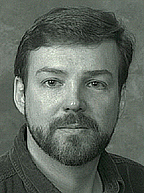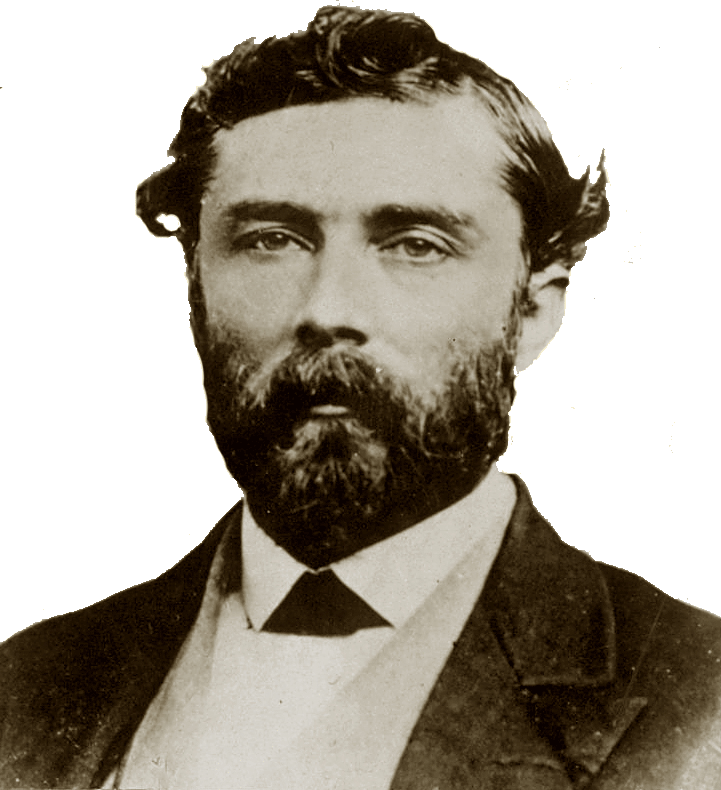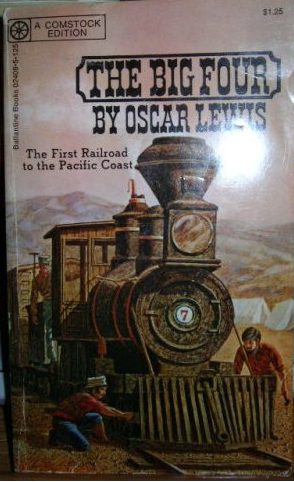|
||||||||||||||||||||||||||||||||||||||||
|
Theodore Judah's dream was a transcontinental railroad, an undertaking made possible with the help of Sacramento financiers Charles Crocker, Collis P. Huntington, Mark Hopkins, and Leland Stanford. As told in historian Oscar Lewis's classic 1938 account The Big Four, however, the engineer and his financial "associates" didn't always see things the same way. The engineer saw the traffic of the nation, and of the Orient, passing over the line for generations in the future. The four speculators were looking toward the moment when the rails would be laid far enough into the foothills to enable them to underbid competition for the freight and passenger business with Nevada Territory. . . .Besides The Big Four, Oscar Lewis wrote other important books of history, including Silver Kings, the story of the Comstock Load. |
|||||||||||||||||||||||||||||||||||||||
|
© 2000-2013 California Legacy Project, Santa Clara University English Department, Santa Clara University, 500 El Camino Real, Santa Clara, CA 95053.
For more information: Terry Beers, 408 554 4335, or . 



|
|

|









